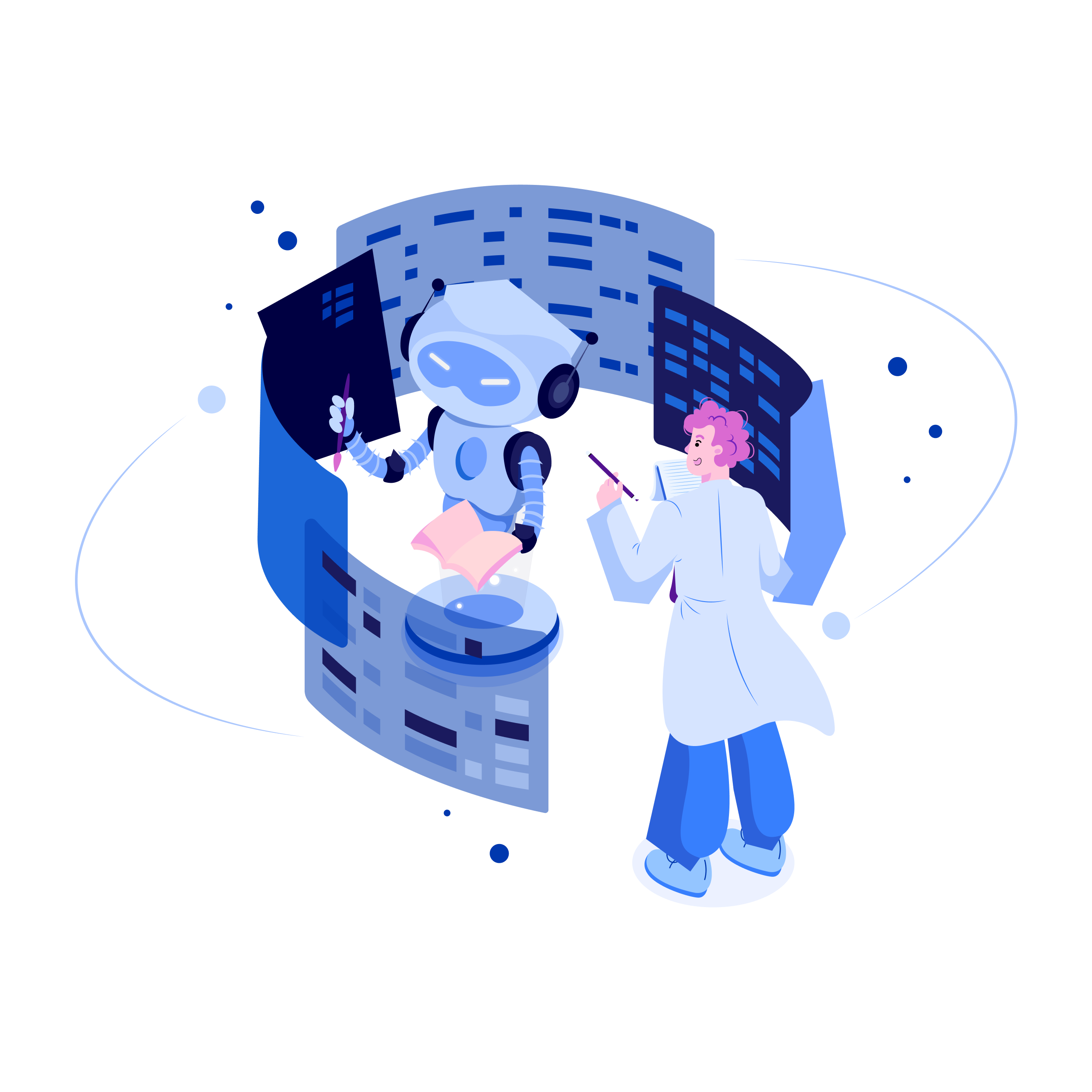Computers have revolutionized the world in countless ways since their inception. From simple calculating machines to complex supercomputers, these electronic devices have become an integral part of our daily lives. In this article, we will explore the evolution of computers, their various applications, and their impact on society.
Early Computers:
The history of computers can be traced back to the 19th century when inventors like Charles Babbage and Ada Lovelace laid the foundation for modern computing. Babbage’s Analytical Engine, conceived in the 1830s, is considered the precursor to the modern computer. However, it wasn’t until the mid-20th century that electronic computers became a reality.
Mainframe Computers:
In the 1950s and 1960s, mainframe computers emerged as the dominant computing machines. These room-sized behemoths were primarily used by large organizations and government institutions for data processing and complex calculations. Mainframes laid the groundwork for subsequent advancements in computer technology.
Personal Computers:
The 1970s witnessed the birth of personal computers (PCs) that brought computing power to individuals and small businesses. The Altair 8800, introduced in 1975, is often regarded as the first personal computer. However, it was the advent of the Apple II and IBM PC in the late 1970s and early 1980s that popularized PCs and made them accessible to the masses.
The Internet Age:
The proliferation of the internet in the 1990s transformed computers into powerful communication and information-sharing tools. The World Wide Web opened up new possibilities for research, e-commerce, and social interaction. With the rise of search engines, email, and online platforms, computers became essential for work, education, and entertainment.
Mobile Computing:
The 21st century witnessed the rise of mobile computing with the introduction of smartphones and tablets. These portable devices brought the power of computing to our fingertips, enabling us to stay connected and access information on the go. Mobile apps and mobile-friendly websites further expanded the capabilities of these devices, making them indispensable in our daily lives.
Artificial Intelligence and Machine Learning:
Advancements in computing power and algorithms have led to significant breakthroughs in artificial intelligence (AI) and machine learning (ML). Computers are now capable of performing complex tasks such as speech recognition, image processing, and natural language understanding. AI-powered technologies are transforming industries like healthcare, finance, and transportation, and driving innovation in areas like autonomous vehicles and virtual assistants.
Computers in Society:
Computers have become ubiquitous in today’s society, impacting various aspects of our lives. They have revolutionized communication, enabling instant messaging, video conferencing, and social media interactions. Computers have also transformed industries, automating tasks, improving efficiency, and enabling new business models. In education, computers have enhanced learning experiences and opened up new avenues for online education.
Challenges and Ethical Considerations:
While computers have brought tremendous benefits, they also pose challenges and ethical considerations. Concerns around data privacy, cybersecurity, and the impact of automation on employment need to be addressed. Ethical considerations such as algorithmic bias and the responsible use of AI require careful attention.
Conclusion:
From their humble beginnings as room-sized machines to the powerful devices we carry in our pockets, computers have come a long way. They have transformed industries, revolutionized communication, and enhanced our daily lives. As technology continues to advance, the future of computing holds even more exciting possibilities. It is essential for us to embrace these advancements while addressing the challenges and ethical considerations they bring.


